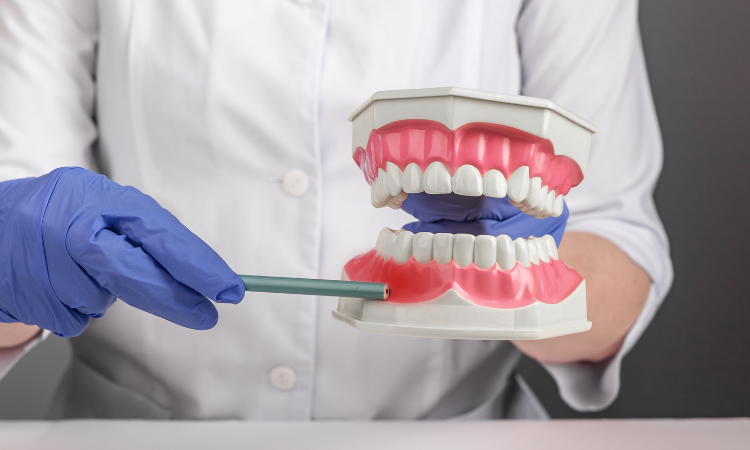Early Detection of Mouth Cancer: Importance and Screening Methods
Oral cancer, commonly referred to as mouth cancer, is a grave medical condition impacting numerous individuals across the globe. The timely detection of mouth cancer plays a pivotal role in achieving favorable treatment results and enhancing patient outcomes. Below we explore the importance of early detection, the risk factors associated with mouth cancer, and the various screening methods available to identify the disease at its initial stages.
Why Early Detection Matters
Early detection of mouth cancer can significantly impact the prognosis and survival rate of patients. Here's why it is essential:
- Better Treatment Options: Detecting mouth cancer in its early stages allows for a wider range of treatment options, including less invasive procedures and a higher chance of successful treatment.
- Improved Survival Rate: Early detection increases the chances of complete remission and a better long-term survival rate.
- Reduced Treatment Complexity: Detecting the disease early may prevent the cancer from spreading to other parts of the body, reducing the complexity of treatment and potential side effects.
- Enhanced Quality of Life: Early treatment can prevent severe complications, preserving essential functions like eating, speaking, and swallowing.
Risk Factors for Mouth Cancer
Understanding the risk factors associated with mouth cancer can help individuals identify if they are at a higher risk and be vigilant about early detection. Some common risk factors include:
- Tobacco Use: The risk of developing mouth cancer is notably heightened by smoking cigarettes, cigars, or pipes, and by using smokeless tobacco products.
- Alcohol Consumption: Consuming alcohol excessively poses a substantial risk for mouth cancer, and this risk is further compounded when combined with tobacco usage.
- HPV (Human Papillomavirus) Infection: Certain strains of HPV are associated with an increased risk of developing mouth cancer.
- Poor Oral Hygiene: Inadequate oral hygiene can be a contributing factor to the onset of mouth cancer.
- Family History: An individual's risk of developing mouth cancer can be heightened if there is a family history of the condition.
Screening Methods for Early Detection
For individuals with one or more risk factors, undergoing regular screenings is vital to facilitate the early detection of mouth cancer. Here are some common screening methods:
- Oral Examinations: Dentists and healthcare professionals can perform regular oral examinations to look for any abnormalities or suspicious lesions.
- Tissue Biopsy: If a suspicious lesion is found during an oral examination, a tissue sample (biopsy) may be taken to determine if it is cancerous.
- Dental X-rays: X-rays can help identify potential tumors or abnormal growths that may not be visible during a regular examination.
- Brush Cytology: A brush or small spatula is used to collect cells from the suspicious area for examination under a microscope.
- Fluorescence Imaging: This non-invasive technique uses a special light to identify potentially cancerous lesions in the mouth.
Recent advancements in mouth cancer treatment have introduced a promising alternative to traditional complicated surgery and radiation therapy: the GEIPE treatment. This innovative, scientific and effective method offers a non-invasive and home-based treatment option, requiring minimal supervision. It is also low-cost.
Please visit https://cancer-treatment.net for further information.
